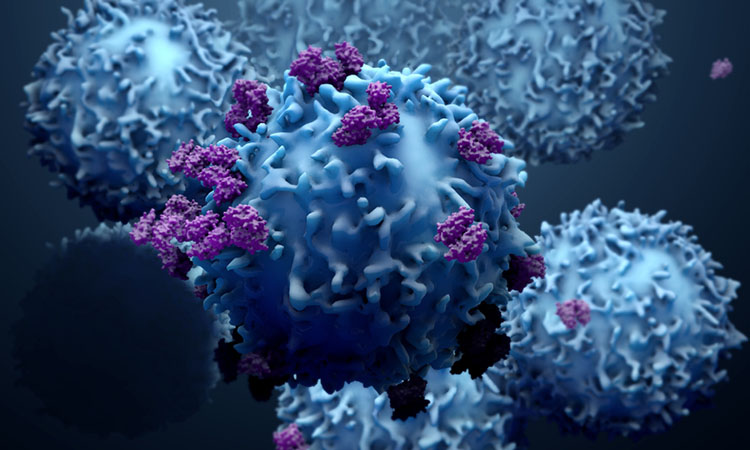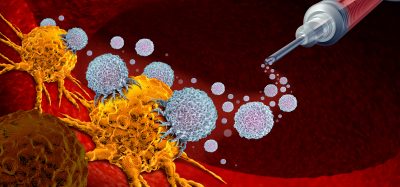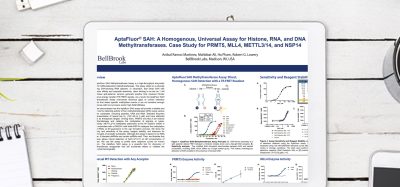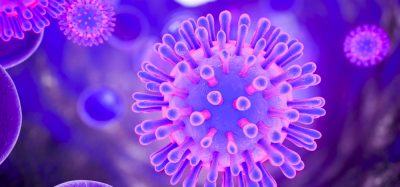Cancer immunotherapy adapted to treat COVID-19 variants
Posted: 22 November 2022 | Izzy Wood (Drug Target Review) | No comments yet
US researchers have utilised a cancer immunotherapy technique, CAR-T cell method to effectively eliminate SARS-CoV-2 virus pre- and post-infection in vitro.

At the non-profit biomedical research institution, The Jackson Laboratory for Genomic Medicine, US, have adapted what is typically a cancer immunotherapy technique, CAR T cell therapy, for the purpose of eliminating SARS-CoV-2 virus.
The study, published in Clinical & Translational Immunology, demonstrated several immuno-based strategies to explore the treatment and prevention of COVID-19.
The first immunotherapy method focused on the spike protein present on SARS-CoV-2 and the receptor on the host cell, angiotensin-converting enzyme 2 (ACE2). The protein enters the cell via the ACE2 receptor, allowing the viral RNA to begin its takeover. In the study, T cells were engineered with anti-spike and anti-ACE2 CAR-T cells to target either the spike protein or the ACE2 receptor, with high specificity and efficiency across various infected cell types.
The second immunotherapy method provided an antibody-based means for preventing COVID-19 infection. T cells were engineered with a bispecific antibody fused with ACE2 to activate the patient’s own T cells to destroy infected cells, that present the SARS-CoV-2 Spike protein on their surface. Rather than having the cells modified outside of the body, kill the infected cells, ACE2-bispecific therapy activates the healthy T cells within the individual to target Spike+ cells post-infection.
Unlike most present therapeutics, ACE2-bispecific modified cells to take advantage of the ACE2 receptor to target the different presentations of the Spike protein across all SARS-CoV-2 variants, including Delta, Omicron and more.
The ACE2-bispecific therapy can therefore provide a more efficient elimination of variants with more powerful ACE2 binding. It can also act as a decoy to block viral entry into cells, offering a possible preventative strategy.
Both the proposed COVID-19 CAR-T cell and ACE2-bispecific-based therapies offer promising potential strategies for future COVID-19 treatment and prevention.
Related topics
Covid-19, Immuno-oncology, Immunotherapy, In Vitro, Therapeutics
Related conditions
Covid-19
Related organisations
The Jackson Laboratory for Genomic Medicine







